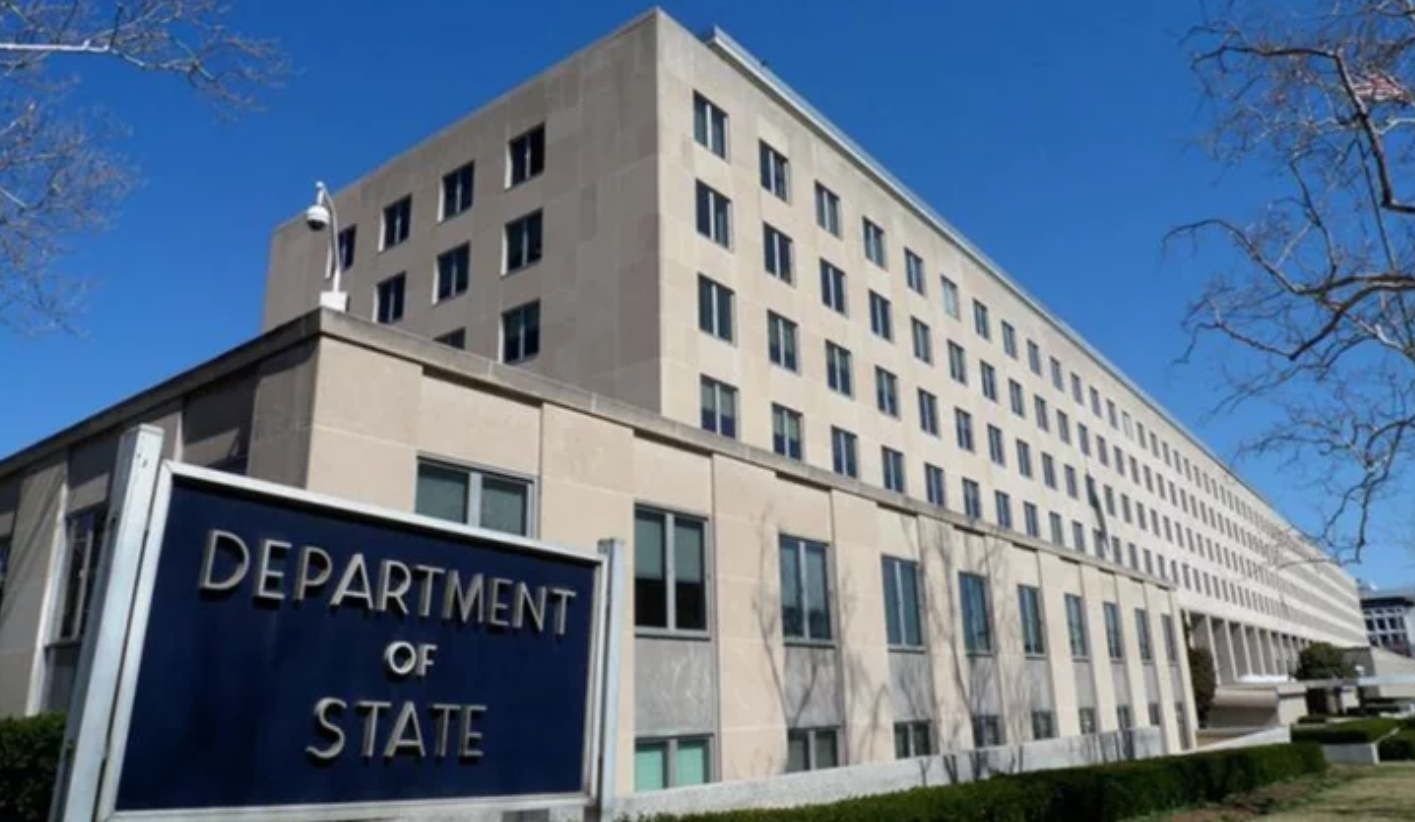The United States recently released a new version of the Engel List. This, in theory, is considered the first step towards the increased persecution of corrupt Central Americans. In the future, these individuals could be included in the Magnitsky Act, which prosecutes foreigners accused of corruption and human rights violations, or they could be included in some other “invention” meant to punish corrupt foreigners unfaithful to Washington. Every time a new list appears, the new members are usually second-rate characters or so-called “useful idiots”, while the “big fish”, the people who are the most steeped in varied acts of corruption, never appear.
The “black monk” of Juanorlandism
In Honduras, no one can ignore the role played over several years by characters such as Ebal Jair Díaz Lupián, the once feared Minister of the Presidency during the last administration of the National Party. However, neither this nor other characters of this stature appear on the lists. Ebal Diaz was something of a “black monk” in the government of Juan Orlando Hernandez, but shortly before the handover of power he crossed into Nicaragua to seek refuge. In June, it was made public that the government of Daniel Ortega granted him citizenship, as it did with Ricardo Leonel Cardona López, another “fugitive” and the former private secretary of the Presidency.
Other individuals who do not appear on the list are those who were included on a list that the now defunct Mission of Support against Corruption and Impunity in Honduras (Macchi) had in its portfolio. It was dismantled due to the imprudence of its former chief, Juan Jiménez Mayor, when he publicly expressed that some 60 deputies and former deputies of the National Congress were being investigated including its president, Mauricio Oliva. Since then, he has transitioned to a golden self-exile in his own house in the southern city of Choluteca.
According to investigations, Oliva, the now ex-president Hernández, and former ministers Rocío Tábora (Finance) and Alba Consuelo Flores (Health) were allegedly at the head of the scam involving infamous mobile hospitals to fight COVID-19.
While the absence of flagrantly corrupt people from the highest levels of the Juanorlandist regime could be a signal, the inclusion of three relevant people from the new leftist government of Xiomara Castro is a wake-up call. In fact, after several years without a U.S. ambassador in Tegucigalpa, the new representative, Laura Dogu, said, “we don’t want these kinds of people in the United States and, if there are resources that they have received from corrupt activities, we don’t want that kind of money in the U.S. either; it’s a very broad system.”
El Salvador and Guatemala
In the other two countries of the Northern Triangle, an area that has the “privilege” of being subject to the Engel List, things are somewhat different. In these countries,, the list includes characters very close to Presidents Nayib Bukele and Alejandro Giammattei in order to “tame” these two presidents who are reluctant or directly rebellious to Washington’s “inclinations.” In their case, it is not enough to give them a weak signal, and the list has been directed to include characters very close to the Presidents.
In 2021, with its first version, the Engel List caused concern in the close circle of Salvadoran President Bukele. In July of that year, Washington named several of the President’s most trusted officials, including his chief of staff, his labor minister, his legal secretary, and his former agriculture minister who is also his lifelong friend.
In the new version, several more people close to Bukele appear. Among others, there are figures such as, Ernesto Sanabria, the president’s press secretary, and Christian Guevara, head of the legislative bench of Nuevas Ideas, the ruling party. In 2021, the protests of Nayib and his followers were loudly heard, but there was more silence than shouting this time.
In Guatemala, on the other hand, the Engels List “falls” in the middle of a lawsuit of the government of President Giammattei with Washington for the defenestration promoted by the Government House, of judges and prosecutors who investigated politicians and businessmen close to the political-institutional power, and of an insistent lobbying of those sectors in the gringo capital against those “annoying” inquiries.
However, in this version of the list, the State Department focuses more on the private partners of the Government than on its officials. Of the latter, the inclusion of attorney Rafael Curruchiche stands out, whom Attorney General Consuelo Porras (included in a previous version of the list) appointed head of the Special Prosecutor’s Office against Impunity (FECI). Curruchiche was meant to replace Juan Francisco Sandoval, who is currently in exile in Washington for having closely implicated President Giammattei in an investigation that tied him to taking bribes from Russian mining businessmen.
Beyond those who have been singled out, the Director of the Office of Central American Affairs of the U.S. Department of State, Patrick Ventrell, clarified that this list, which includes individuals from these three countries, is a tool in the fight against corruption in the region. He also warned that, if these practices continue, the Government could issue permanent or financial sanctions against those who have been singled out. What the official did not detail were the Department’s criteria for the selection of those singled out.
Translated from Spanish by Alek Langford











